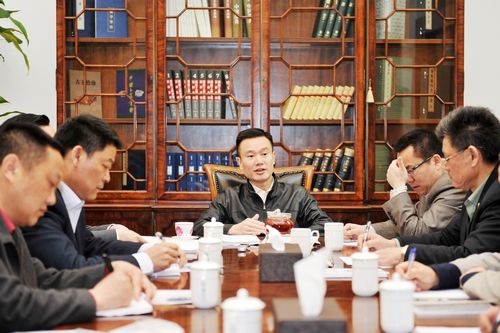The enigma of CEFC’s Chairman Ye
Posted: June 7, 2013 Filed under: PLA & PLAN | Tags: CAIFC, CEFC, Chairman Ye, China CEFC Energy Company, Chinese military, Daiwah, enemy work, external propaganda, General Political Department Liaison Department, Huaxin, Kissinger, liaison work, Long Tao, Nishan Forum, PLA General Political Department, Xing Yunming, Ye Fei, Ye Jianming, Ye Xuanning, Zhenrong, 华信能源有限公司, 叶简明, 叶选宁, 叶主席 16 CommentsUPDATE JANUARY 2017: Lots more information about Chairman Ye has come to light, including confirmation that he is not Ye Jianying’s grandson (but he is in business with Marshal Ye’s granddaughter). Read the latest update here first.
UPDATE APRIL 2016: The following odyssey through the business and ideological world of CEFC, an apparent platform of the Liaison Department of the PLA General Political Department (GPD-LD), was co-written with John Garnaut. Based on new information received, I now believe it’s unlikely that Chairman Ye Jianming is a grandson of Marshal Ye Jianying. Interestingly, there may be a connection with Marshal Ye’s family by marriage, which could be confirmed in coming months or years. The evidence of the young Chairman’s connection with the GPD-LD, however, remains strong, and has been anecdotally supported by people in a position to know. Thus, the new information doesn’t substantially alter the story below, just our theory on who exactly the Chairman’s father may be.*
Read on if you dare…
===
The enigma of CEFC’s Chairman Ye
By Andrew Chubb & John Garnaut
Senior Colonel Dai Xu, of the People’s Liberation Army Air Force, apologised profusely for running late as he lowered his tiny frame into a plastic chair.

